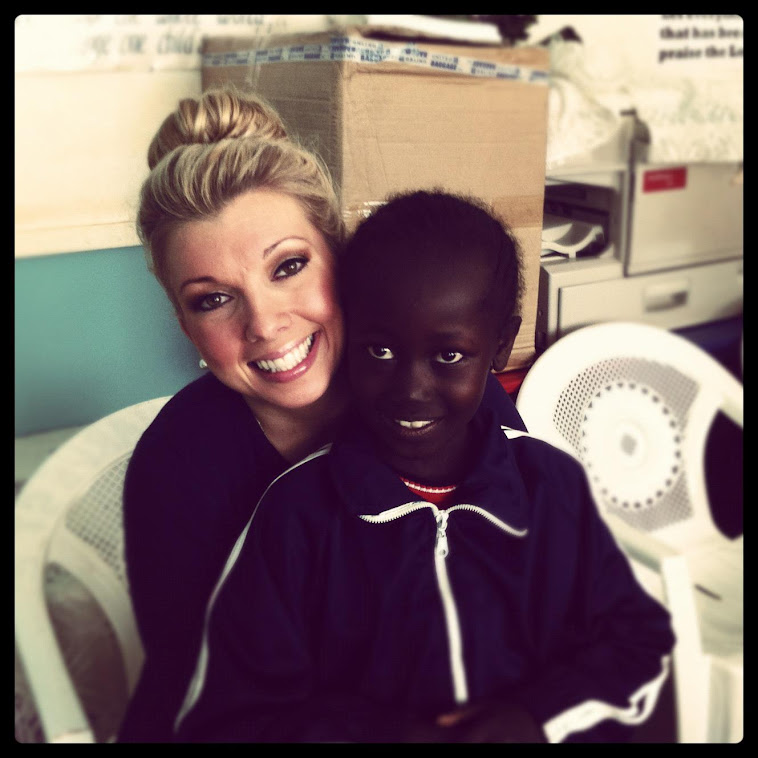Because of Winn Dixie- Week 2 – Adv Level
Spelling Words
easy
grade
meet
late
seat
saved
pail
these
reach
name
raise
leave
gain
theme
scream
mystery
solve
search
found
investigate
Vocabulary Words
Produce- products of farms or gardens, especially fruits and vegetables
Aisle- A narrow space for walking between a row of seats
Missionary- A person sent to spread religion and do good works.
Fortunate- Having good fortune, lucky
Sermon-A speech given for religious or moral teaching as park of a religious ceremony
Constellation- A constellation is a group of stars that, when seen from Earth, form a pattern. There are 88.
Orphan- A child whose parents are not alive
Sigh- To let out a long, deep breath because of fatigue, sorrow, or relief.
Pink Group:
Amelia and Eleanor Go For a Ride
Spelling Words
mine
tie
wild
type
smile
drive
size
blind
visit
thick
die
prize
fifty
picnic
arrived
decide
child
civil
divide
library
Vocabulary Words
outspoken – bold or honest in speech
practical – useful or sensible
brisk – cool and stimulating, as weather can be
elegant – tasteful, stylish, and beautiful
elevations – heights above the ground or sea level
marveled – became filled with awe or wonder
miniatures – small-scale models of larger things
starstruck – full of stars
***Challenge Spelling Words
audience
backstage
performance
applause
famous
Science Unit:
Science Lesson Plan Pollution 6 Days
Standards
S3L2. Students will recognize the effects of pollution and humans on the environment.
a. Explain the effects of pollution (such as littering) to the habitats of plants and animals.
b. Identify ways to protect the environment: Conservation of resources • Recycling of materials
Essential Questions
What will happen to our world if pollution continues? What can you do to protect our environment from pollution?
What is pollution? How can I help conserve our natural resources?
Test is NEXT Wednesday! (Not Tuesday due to Labor Day weekend!)
Blank study guide - no need to print - they will get one in class!
Name: _________________________________ Test on: Wednesday, Sept. 5th
Pollution Study Guide
Define the following words:
pollution:
______________________________________________________________
______________________________________________________________
recycle:
______________________________________________________________
______________________________________________________________
conservation:
______________________________________________________________
______________________________________________________________
nonrenewable resource:
______________________________________________________________
______________________________________________________________
reuse:
______________________________________________________________
______________________________________________________________
renewable resource:
______________________________________________________________
______________________________________________________________
reduce:
______________________________________________________________
______________________________________________________________
natural resource:
______________________________________________________________
______________________________________________________________
Give two examples for each type of resource:
1. Renewable resource: A._________________________
B. _________________________
2. Reusable resource: A._________________________
B. _________________________
3. Nonrenewable resource: A._________________________
B. _________________________
Name the four types of pollution. Give two examples of each.
1. _____________________
Examples: A. ____________________________________
B. ____________________________________
2. _____________________
Examples: A.____________________________________
B._____________________________________
3. _____________________
Examples: A. ____________________________________
B._____________________________________
4. _____________________
Examples: A. ____________________________________
B._____________________________________
Be able to choose a type of pollution and explain how you could fix the problem.
Type of pollution:
______________________________________________________________
Solution: ______________________________________________________________
______________________________________________________________
______________________________________________________________
______________________________________________________________
______________________________________________________________
Answers:
Name: #: Date:
Pollution Study Guide
Vocabulary
1. natural resource- a material found in nature that is used by living things; ex. water, fish, cows, air, cotton, trees, salt, soil, oil
2. renewable resource- resource that can be replaced during a human lifetime; ex. animals, plants, solar energy, water, wind
3. non-renewable resource- resource that cannot be replaced in a human lifetime; ex. natural gas, soil, metals, oil, coal
4. recycle- to reuse a resource by breaking it down and making a new product
5. reduce- to use less of a resource
6. reuse- to use a resource again and again
7. conservation- saving resources by using them wisely
8. pollution- any harmful material in the environment
Resources: Give two examples for each type of resource.
1. Renewable resource: trees, plants, animals, sun,
2. Reusable resource: air, water, solar energy
3. Nonrenewable resource: oil, soil, coal, iron, copper, natural gas, metals
Pollution: Name the four types of pollution. Give two examples of each. *I provided definitions as well to help your child study!
1. Land pollution: the ruining of the Earth's surface by misuse of the soil by bad farming practices, mineral use, business waste dumping, and disposal of urban wastes. Examples of land pollution include soil pollution and improper waste disposal (littering), and landfills.
2. Air pollution: harmful substances gathered in the atmosphere that endanger human health or produce other bad effects on living matter and other materials. Examples include tobacco smoke, smoke from forest fires, volcanoes, exhaust from cars and factories, and acid rain.
3. Water pollution: the dumping or run off of pollutants into fresh or ocean waters that makes the quality of the water and affects the things living in it. Examples include sewage, dumping from factories, mining and agricultural wastes, and oil spills all pollute the water.
4. Noise pollution: unwanted sounds that are carried by the air, have an annoying and harmful effect on humans and other animals. Examples include noisy vehicles, loud music, leaf blowers, lawn mowers, power drills, construction, voices, people, yelling, animals, factories, generators, stores, etc.
Be able to choose a type of pollution and explain how you could fix the problem.
Ways to control or reduce pollution: - make sure you understand can explain how these things can help to get full credit on the test.
- All: writing to your legislatures and encouraging stronger anti-pollution laws
- Air: Making more places smokefree zones
- Air: Control over the kinds of fuel used in cars, airplanes
- Air: carpool, take mass transit, walk or ride your bike
- Air: turn off lights when you leave a room
- Air: don’t smoke (it’s awful for you anyway!)
- Water: not dumping things into water
- Water: don’t dump toxic things down the drain
- Water: don’t throw litter into streams
- Land: anti-litter campaigns
- Land: organic waste can be dumped in places far from residential areas
- Land: recycling things
- Land: buying recycled products, reusing things, donating things
Plus, there are MANY other ways!

No comments:
Post a Comment